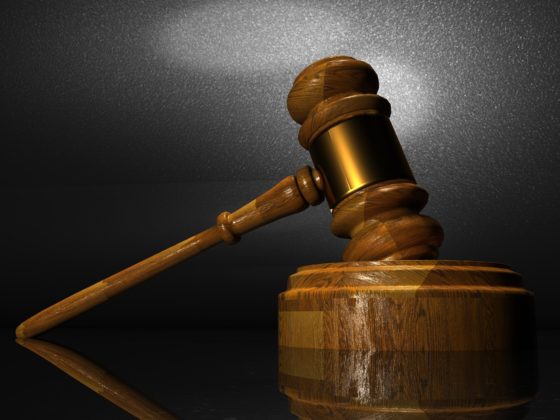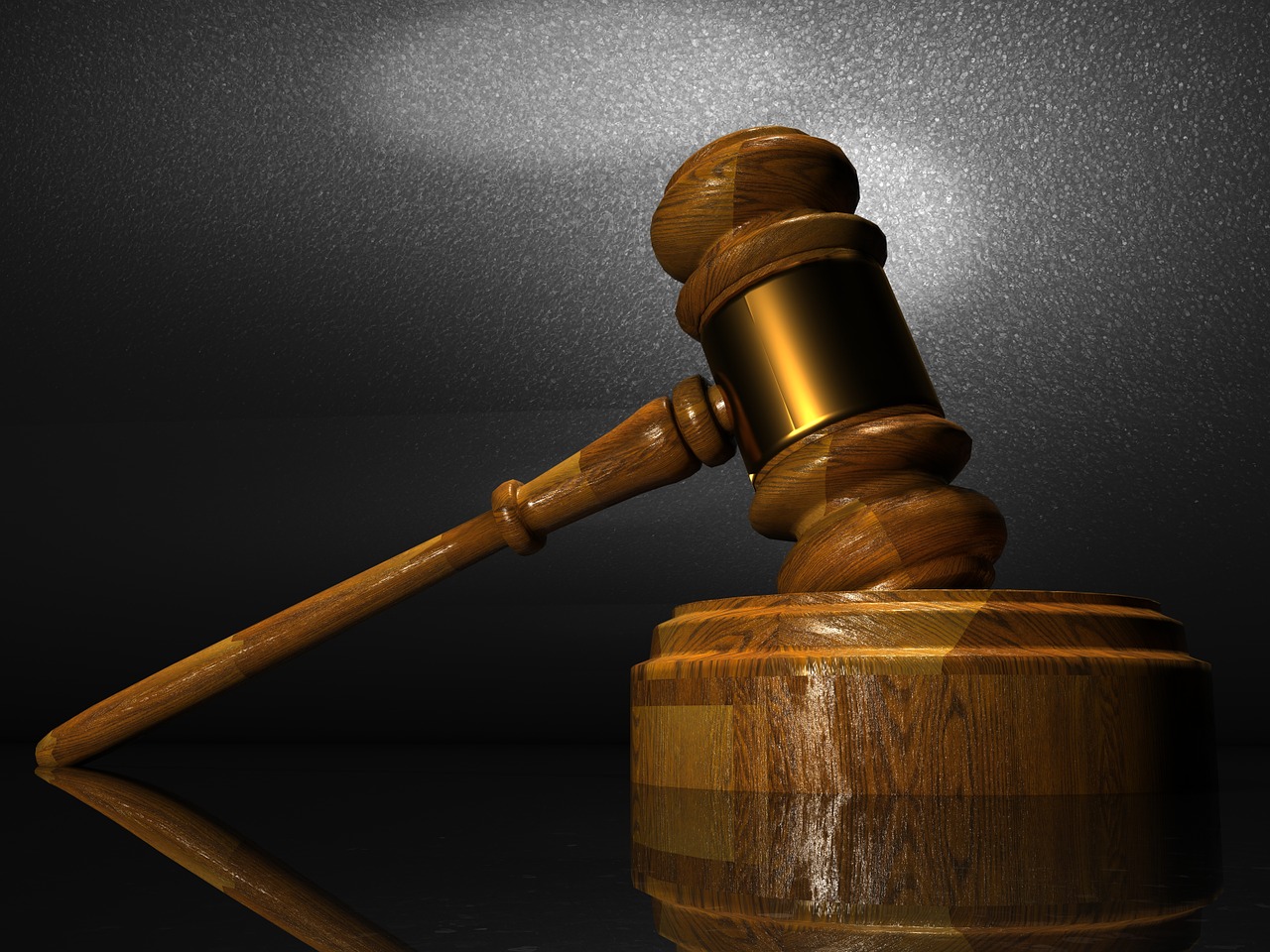
It’s not always an easy decision to file a lawsuit. Suing takes time and money, and the outcome isn’t guaranteed. However, you don’t want to take too long to decide — you only have a limited amount of time to file a claim. That time is called the “statute of limitations,” and you no longer have the right to sue once it runs. Let’s take a closer look at the California statute of limitations for some common types of claims.
Personal Injury: DUIs, Dangerous Drugs, and More
A personal injury claim arises whenever someone else injures you, either intentionally or unintentionally. You might want to sue over injuries that you got in a car accident, for example, or for injuries caused by someone or something attacking you. Or you may slip and fall and receive a traumatic brain injury. In California, you have 2 years from the time of the injury to file a claim. Cal. Civ. Proc. Code § 335.1.
Sometimes, you don’t know that you’re injured right away. For example, imagine you work in manufacturing and are exposed over the course of many years to a dangerous chemical. You may not even know you’ve been injured until after you retire. In that case, the statute of limitations runs from the time you either knew or should have known about the injury. In practice, that usually means you have 2 years from the time your injury is diagnosed.
Property Damage
If someone damages your property — your home, your car, or other personal belongings — you have 3 years from the date the property was damaged. This statute also applies if someone steals from you, crashes into your car, or trespasses on your property and causes damage. Cal. Civ. Proc. Code § 338.
Medical Malpractice Claims
If you want to sue a doctor, hospital, or other healthcare provider for medical malpractice, you have 3 years from the date of the injury or 1 year from the date you discover the injury, whichever is earlier. Cal. Civ. Proc. Code § 340.5. For example, say you have surgery to remove your appendix and the surgeon accidentally damages a nearby organ. If complications develop so you know about the injury right away, you have 1 year in which to file a claim. If you don’t discover the damage until 4 years after the surgery, it’s too late to sue.
Note that if you want to file a medical malpractice claim, you have to give the party you’re suing at least 90 days’ notice before you file. If you give them notice with less than 90 days left on the statute of limitations, the statute of limitations will be extended to 90 days after you give notice. For example, if you give notice that you’re going to sue and you only have 30 days left on the statute of limitations, that statute will be extended by 60 days so you have time to file. Cal. Civ. Proc. Code § 364(a).
Breach of Written Contracts
Many legal claims will depend on a written contract — the purchase of a car, an agreement for freelance work, the lease on your apartment, etc. In general, the California statute of limitations for a written contract is 4 years from the time the contract is breached. Cal. Civ. Proc. Code § 337.
For example, imagine you’re a caterer and you had a written agreement to cater a wedding. According to the contract, you’ll be paid the Sunday after the wedding. Then, Sunday rolls around and you don’t get paid. The contract is breached, and you have 4 years from that Sunday to file a claim. Of course, you’d probably just remind the person to pay you first rather than go to court, but you have 4 years from that Sunday to file a lawsuit if they refuse.
There are a couple of exceptions to the rule for written contracts. Most notably, you have 6 years to file a claim related to bonds, notes, or debentures issued by a corporation and 10 years to sue over bonds or coupons issued by the government, as long as they’re not secured by real property. Cal. Civ. Proc. Code § 336(a), 337.5.
See also: Contract Litigation Attorney Referral Service
Breach of Oral Contracts
An oral contract is any agreement that isn’t set down in writing. In California, you have 2 years from the date the contract is broken to sue. Cal. Civ. Proc. Code § 339.
California Statute of Limitations: Exceptions
These are the general rules for some common types of claims, but there are exceptions. For example, the statute of limitations in many cases doesn’t start to run until the plaintiff (the injured party) turns 18. The statute also may be postponed or extended if one party is in jail or out of state. Check out more information on the California statute of limitations as published by the California Courts on claims against government agencies, plus libel and slander here.
If you think you have the right to file a claim, the best thing you can do is go for a consultation with an experienced local attorney to learn about what statute of limitations will apply in your particular case. That way, you know how much time you have to make a decision and you won’t miss out on the opportunity to file a claim if you decide it’s right for you.

